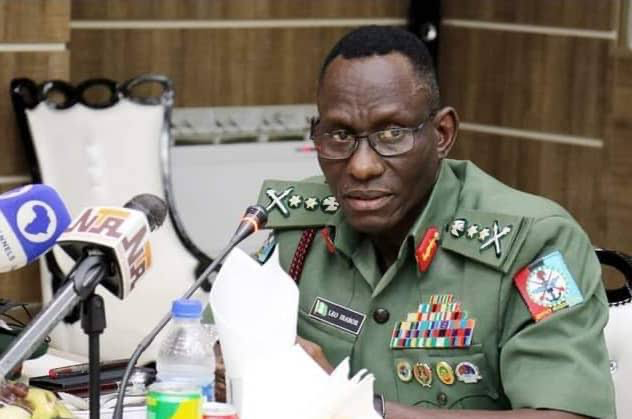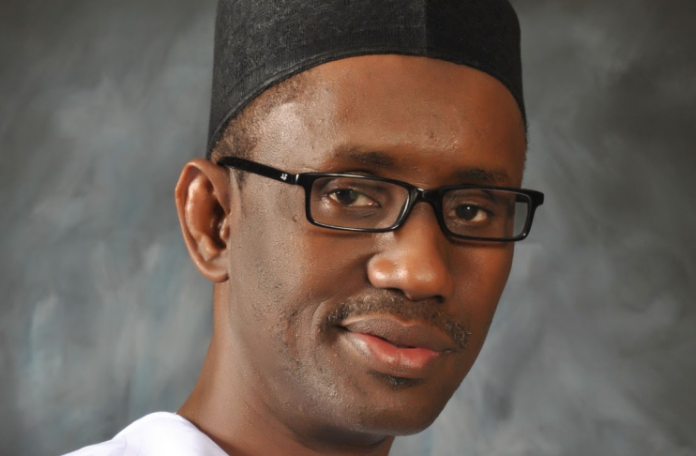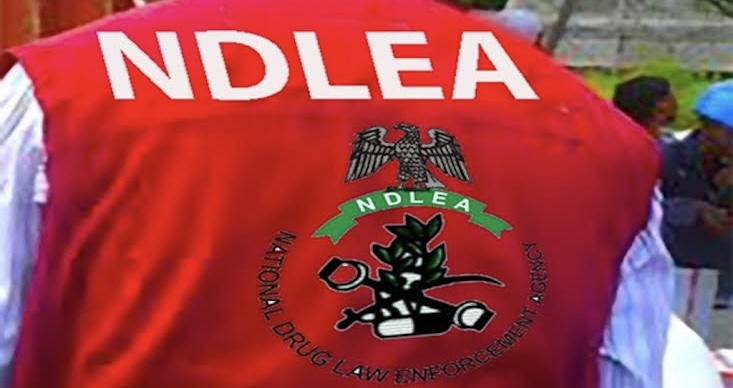The North East region of Nigeria, at the moment, is endowed with all kind of resources and ‘goodies’ man will covet possessing. But an enduring peace is one precious resource that eluded it for long.
Ravaged by violent extremism orchestrated by Boko Haram and the Islamic State of West African Province, ISWAP, the North Eastern States of Borno, Adamawa and Yobe, almost became a shadow of themselves.
Concerned about the challenges of the North East, Head, United Nations Office for the Coordination of Humanitarian Affairs in Nigeria, Martin Griffiths, in January this year, urged the world not to take attention away from the insurgency-ravaged North-East Nigeria, noting that the region needs not less than $1bn in aid, this year.
According to him, the funds are needed to provide food and health care for the millions of people displaced and to those who remain in their homes but are vulnerable to attacks.
Griffiths, who spoke in an interview with The Associated Press in Abuja, said terrorist group, Boko Haram, and its offshoot, the Islamic State West Africa Province, are still “very, very dangerous (and) very threatening.”
He noted that victims of the decade-long insurgency in the North-East were in serious need of humanitarian support, urging the world not to forget the continuing devastation being caused by the terrorists that have killed several thousands of residents and displaced millions.
Insurgency in Nigeria has resulted in approximately 35,000 deaths, according to the U.N. Development Programme. For each casualty, “an additional nine people, primarily children, have lost their lives due to lack of food and resources,” the U.N. agency estimated in a report in June 2021.
Nevertheless, peace is being restored gradually in the region. Several local government areas in the North East seized by terrorists have been reclaimed by troops of the Nigerian military. Together in conjunction with the Borno State government, the military military, especially in recent times, actively facilitated the resettlement of Internally Displaced Persons, IDPs, at their ancestral communities, hitherto destroyed by insurgents.
And while the number of terrorist attacks launched by Boko Haram and ISWAP fighters have also reduced significantly, the Nigerian military said it is still working to ensure that it sustains the present tempo in the fight against insurgents in the North East, which has brought relative peace within the areas formerly controlled by terrorists.
The Chief of Defence Staff, CDS, Gen. Lucky Irabor who made the assertion, maintained that the military would ensure that the tempo of the war against insurgency is sustained, especially as the country moves towards electing a new president in 2023.
Irabor spoke to Defence Correspondents in Lagos during the passing out ceremony of discharging Trainees of the Nigerian Armed Forces Resettlement Centre (NAFRC) Course 1, 2022 Stream 2.
He said: “Essentially we have made huge progress, but off course there still remain a long hull to go and we will do everything possible to ensure that the state of peace will incrementally improve, leading up to next year that you there is a very important exercise that the nation is going to go through, which we believe will go on peacefully and this is precisely what we are working on.”
Earlier, the Chief of Defence Staff, warned the 316 discharging soldiers to beware of subversive elements within the society, insisting that, “It is important at this point to let you know that the level of insecurity is high in our nation. So, as you retire into the larger society, please beware of subversive elements within your environment and do not associate with them in any form.
“Your loyalty to the Nigerian Armed Forces and the Federal Republic of Nigeria is non-negotiable.”
Irabor told the discharging soldiers of the many challenges associated with post-service life, urging them to be proactive in their conduct to overcome the challenges.
He said: “Some of the challenges you will face include how you manage your resources, especially your retirement benefits, the influence from members of your family and friends.
“Others include management of your physical and mental health, integrating with the civil society as well as the high level of insecurity in our nation.”
Irabor, however, charged them to be bold, courageous and remain disciplined and focused as they take full charge as planners and executors of their personal daily activities.
“This may sound exciting and promising but beware; you need to properly manage your freedom and make good use of your resources in order to be successful.
“The society will expect a high moral standard and discipline from you, you will also have to prove in your relationships that you passed through a highly disciplined system.
“As our ambassadors, always remember that the Armed Forces of Nigeria remains your primary constituency. I believe in your capabilities to do us proud,” he said.
The general also advised them to be wary of subversive elements within their environment and avoid associating with them in any form as they retired into the larger society.
“It is also risky for you to embark on a new life style that is above your means, or engage in non-lucrative ventures, neither should you abstain from physical exercises.
“Your training has exposed you to several vocational opportunities, entrepreneurship procedures and general managerial skills to alleviate the above mentioned pitfalls for a meaningful life in retirement.
“In this wise, employ the various knowledge and skills you have acquired while undergoing NAFRC training for peaceful and productive economic life as you reintegrate into the Nigerian civil society,” he said.
Irabor encouraged them to justify the magnanimity of President Muhammadu Buhari who had continued to support the armed forces, most especially, the retiring members as seen in the enhanced welfare packages.
Abdulsalam Mahmud is the Deputy Editor of PRNigeria



